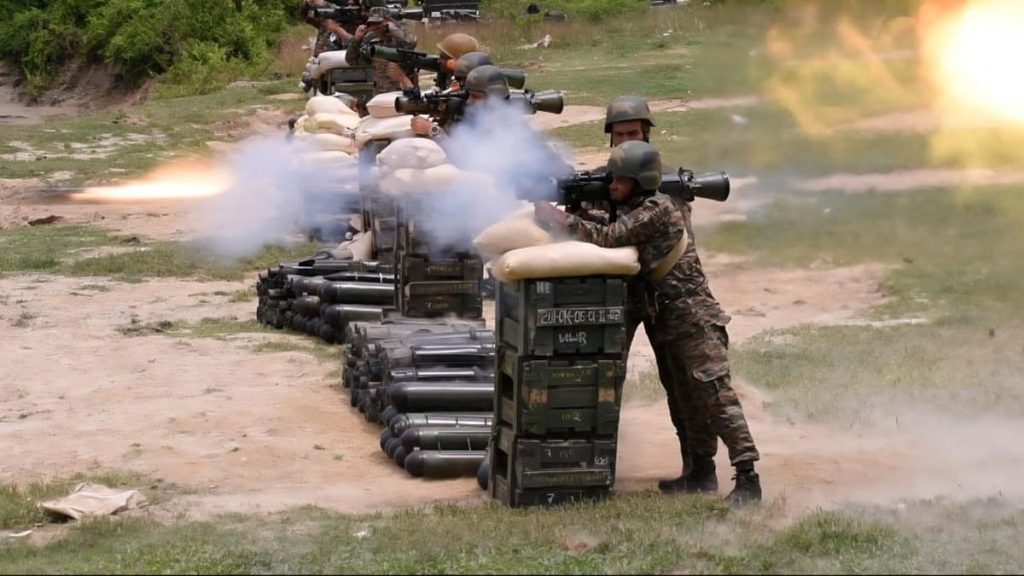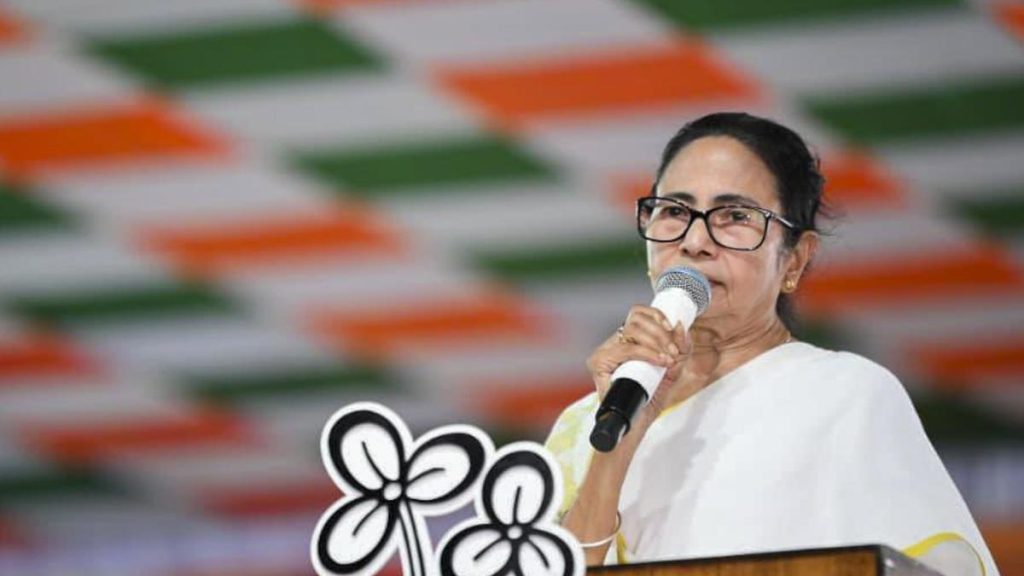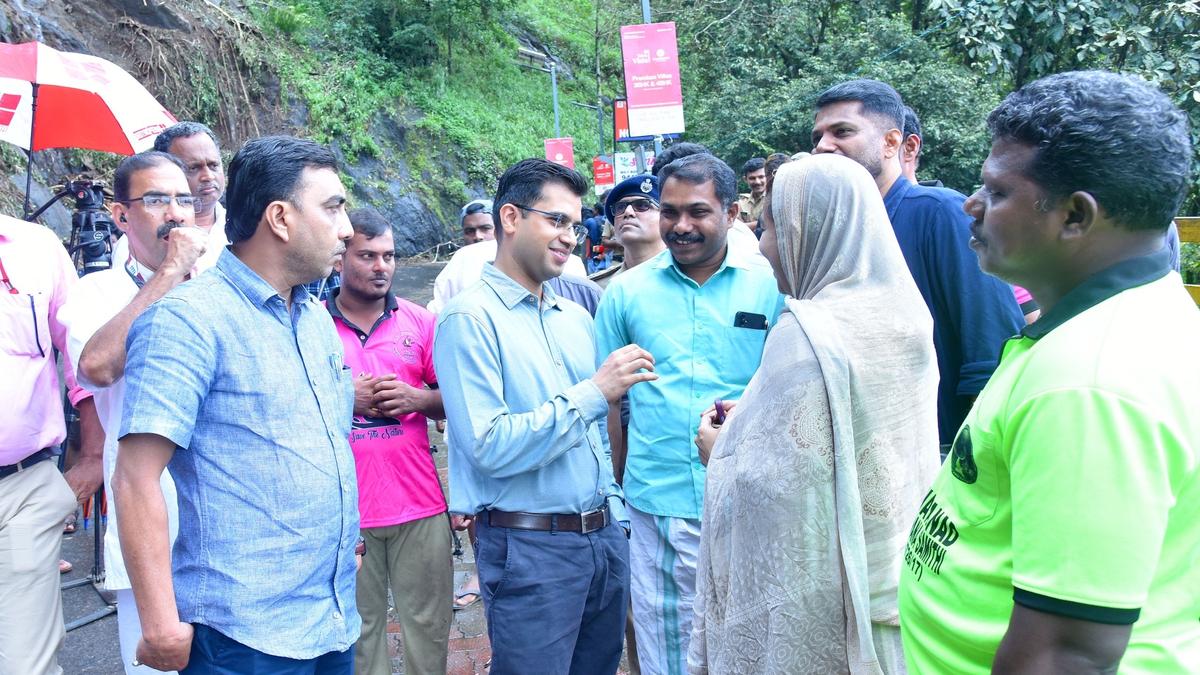Now Reading: Polytechnic Colleges to Mandate Minimum of Four Courses
-
01
Polytechnic Colleges to Mandate Minimum of Four Courses
Polytechnic Colleges to Mandate Minimum of Four Courses

Swift Summary:
- The State government aims to boost student enrolment in diploma courses by mandating at least four courses in all polytechnic colleges starting next academic year.
- Emerging fields like artificial Intelligence (AI), Robotics, and Machine Learning (ML) will be introduced in government polytechnic colleges with adequate infrastructure.
- Karnataka has 109 government polytechnic colleges, of wich only Sri Jayachamarajendra Polytechnic College offers 16 courses; others offer fewer than eight courses each.
- There are 131 private and 42 aided colleges, most of which offer fewer than four courses.
- Of the total 73,724 diploma seats available across the State’s 282 polytechnic institutions this year, only half (38,655) were filled; private institutions accounted for a meaningful number of unoccupied seats.
- Higher Education Minister M.C. Sudhakar attributed declining enrolments to limited course options and announced plans to revise curriculum and rejuvenate less popular branches.
- Government efforts include applying to the AICTE for approval by November and mapping students to skill-growth-focused Centers of excellence.
Indian Opinion Analysis:
The introduction of emerging technology-specific courses like AI, Robotics, and ML marks an essential pivot toward modernizing vocational education in Karnataka. By increasing course choices from traditional engineering disciplines such as civil or mechanical engineering to cutting-edge domains that align with current industry trends, the move could make these diplomas more appealing to students seeking future-ready skills.
The decline in student enrolment highlights a need for restructuring existing programs across both public and private institutions-a challenge that requires logistical collaboration between stakeholders under regulatory bodies such as AICTE. Ensuring equitable access through improved infrastructure within government-run colleges might create competitive pressure on private institutions while broadening opportunities for marginalized groups.
Though, filling vacant seats will demand not just academic tweaks but active efforts on affordability as many families view higher education costs critically amidst broader economic uncertainties.
Involving Centers of Excellence could further foster employability beyond theoretical learning if adequately designed partnerships connect industry mentors with college campuses-potentially raising confidence among students about post-graduation prospects once structural reforms materialize.
Read More: Original Article

























